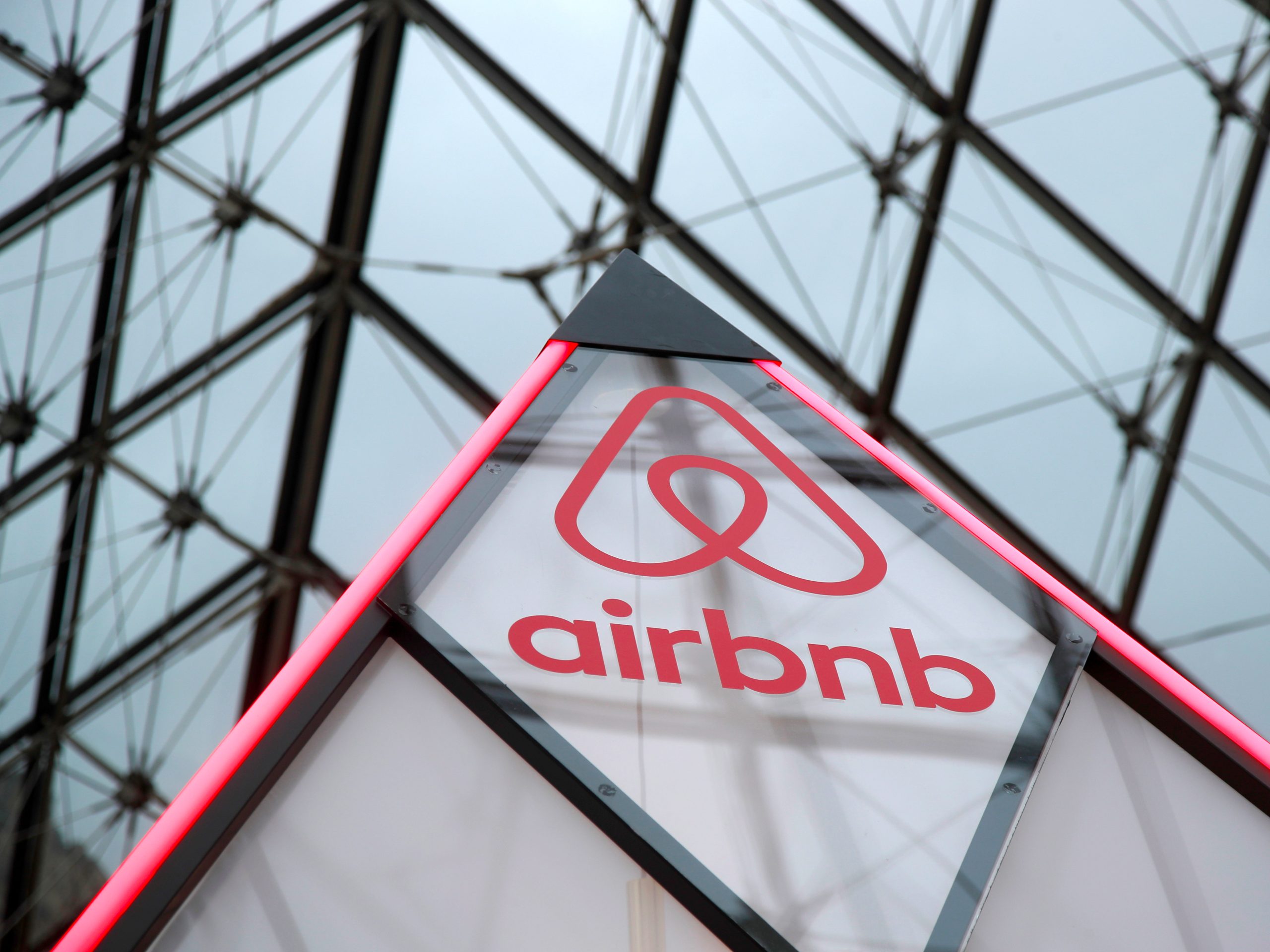- Europe’s top court handed Airbnb a major victory on Thursday by ruling that the company is an “information society service” and should not be regulated like a real estate agent.
- France’s tourism association had complained that Airbnb hadn’t complied with local property laws and that it should be regulated like an estate agent, potentially putting its business in the country at risk.
- The complaint also potentially risked Airbnb’s deal with the International Olympic Committee to promote its properties during the 2024 Olympics, which will be held in Paris.
- The decision is a win for Airbnb, which is facing multiple regulatory battles around the world and is planning to go public via a direct listing in 2020.
- Visit Business Insider’s homepage for more stories.
Europe’s top court ruled Thursday that Airbnb doesn’t need to be regulated as though it’s a real estate agent operating online.
It’s a major victory for Airbnb, which the European Court of Justice designated as an “information society service” rather than a real estate agent that operates online. Information society service is EU legal terminology for something that provides services online, like an online shop or search engine.
The ruling comes after French tourism association AHTOP filed a legal complaint against Airbnb, contending that the company should be considered a real estate agent and thus subject to France’s strict housing laws. It complained the Airbnb wasn’t currently following those rules.
The ruling means that Airbnb can continue operating as it usually does in France, and eases one of its many regulatory battles around the world.
An Airbnb spokesman said: "We welcome this judgment and want to move forward and continue working with cities on clear rules that put local families and communities at the heart of sustainable 21st century travel.
"We want to be good partners to everyone and already we have worked with more than 500 governments and authorities to help hosts share their homes, follow the rules and pay tax."
AHTOP described the decision as "astonishing" and called for a change in competition regulation.
Its president, Serge Cachan, said: "The government must urgently make its voice heard in the coming months to radically transform competition rules in the European Union... Alongside public authorities and the municipalities which have taken up the problem, we will continue to mobilise to change the climate around Airbnb."
Tourism associations complain that Airbnb essentially runs a hotel business with none of the rules
Airbnb has clashed in recent years with regulators and tourism industries across the globe who claim the home-sharing company has effectively been running a hotel business without having to abide by regulations that govern traditional hotel operators.
Airbnb rejected AHTOP's assertions, with a spokesperson telling Reuters at the time that "Airbnb just provides the platform which allows hosts to connect directly to guests. Airbnb doesn't intervene in the transaction between the hosts and the guests."
A Paris prosecutor then charged Airbnb with violating France's "Hoguet Law," which governs the operations of property agents, at which point a judge referred the case to the Court of Justice of the European Union.
In April, a CJEU court adviser issued a non-binding opinion in April saying that, under EU law, Airbnb would not be considered a hotel operator and that France had not properly notified the court of its intention to apply French law.
Thursday's ruling affirmed that opinion, saying any platform connecting guests and hosts for short-term accommodation "must be classified as an 'information society service.'"
This is not the first time Airbnb has faced legal disputes over its business practices. The company has sparred with state, local, and international governments over issues like its compliance with local regulations, tax obligations, impact on housing prices, and scams and safety concerns.
Governments - as well as hotels - have argued that Airbnb should have to comply with the same laws as traditional hotel operators and rental property owners, who often pay a variety of taxes and must ensure their properties are up to code.
Though Airbnb's position has evolved over the past few years on tax collection practices and its obligation to keep bad actors off its platform, the company still maintains that it is an internet service provider and therefore shouldn't be regulated like a hotelier or subject to the same legal liabilities.
Business Insider has contacted AHTOP for comment.
